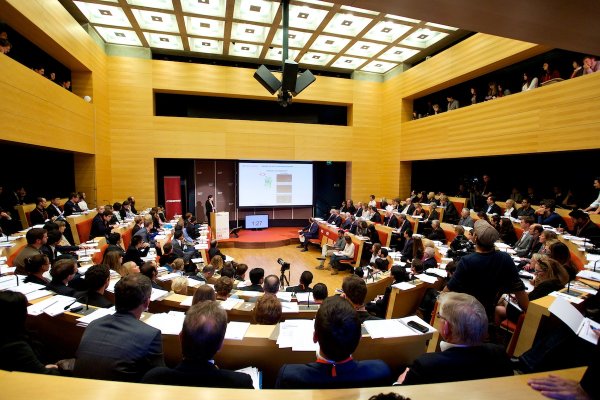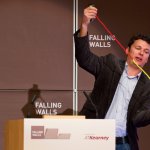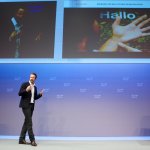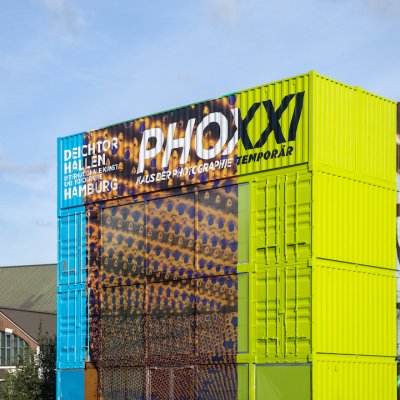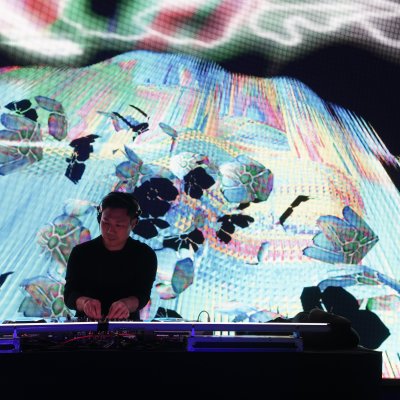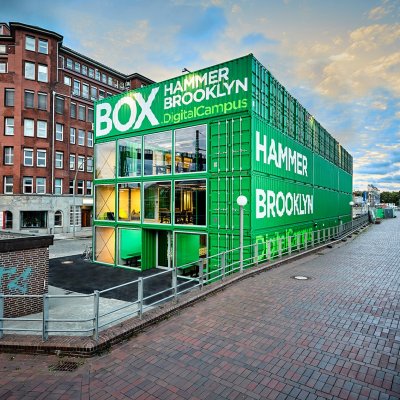Science communication formats like the Falling Walls Lab in Berlin advocate the exchange between research and the public to tackle future challenges that concern us all.
Science communication is crucial for aspiring researchers, entrepreneurs and breakthrough thinkers. They need platforms where they can present their ideas, business models and social initiatives. Enabling scientists to engage with an interdisciplinary audience to receive feedback opens up different angles and new perspectives. These impulses can push them beyond conventional boundaries and open up innovative and unexpected pathways. At the same time, science communication platforms foster public appreciation of research and development and generate its support.Make your Pitch Last
One way to promote ideas to an audience is the classical pitch. It is an excellent tool to present research findings and to afterwards return to the laboratory with new impulses that different perspectives can add to a project. However, science communication cannot limit itself at that: a constant flow and exchange of knowledge lies at the heart of creating an interactive and reciprocal relationship between communicators of science and the general public. Such lasting effects are best achieved wherever scientists understand that in order for their work to have a societal impact they have to look beyond their disciplines and find answers outside of their own laboratories. Wherever disciplines intersect valuable synergies can emerge.
Where Science and Society Intersect
For instance, when designers look to create scientific applications that can benefit the general public or a specific group. In a similar fashion, engineering today is often inextricably linked to humanitarian causes – in this case technological advancement works for the greater good of society and should therefore be of interest to us all. Tom Bieling and Dyllon Randall, two of the winners of the Falling Walls Lab 2014, have understood this and shared their research with a wide audience in Berlin. The Lab is one example of a new way to communicate science among aspiring researchers. It is an innovative forum for the next generation that raises awareness for a contemporary way to promote innovation.Tom Bieling of the Design Research Lab at the Berlin University of the Arts developed a communication technology for deaf-blind people through which they can interact with anyone at any time. The Lorm Hand is an installation which connects deaf-blind people with Twitter or other social networks. Using touch sensory technology, the Lorm Hand enables them to compose text messages by applying the tactile hand-touch alphabet LORM, a common way of communication used by the deaf-blind. After typing a message on the Lorm Hand, it can immediately be tweeted or shared with social networks.
Dyllon Randall developed a profit-making opportunity for wastewater treatment. He is investigating ways to process wastewater through crystallisation and precipitation. Using his technology, salts can be filtered out of the water and subsequently sold on, meaning that the investment pays for itself. Dyllon’s research shows how sustainability does not always have to be at the expense of the consumer but that clean technology can also be a lucrative affair.
Room for Ideas
For parts of his work, Dyllon cooperates with the private sector. Such cooperation between science and the industry becomes increasingly important for the innovative engine of countries as public funds for research and education become more and more scarce. At the same time, companies invest more into their own young talent and product development teams. Science communication formats like the Falling Walls Lab thus have another, maybe even more important, function apart from building bridges between research and society: they help guarantee the discourse that is essential to spotlight public private partnerships. They open up spaces for dialogue that provides insight and information into projects with societal relevance – and encourage us all to participate.
We invite you to check out Falling Walls conference and join us on Sunday, 8th of November, at the After-Lab meetup and connect with young innovators from around the world.


